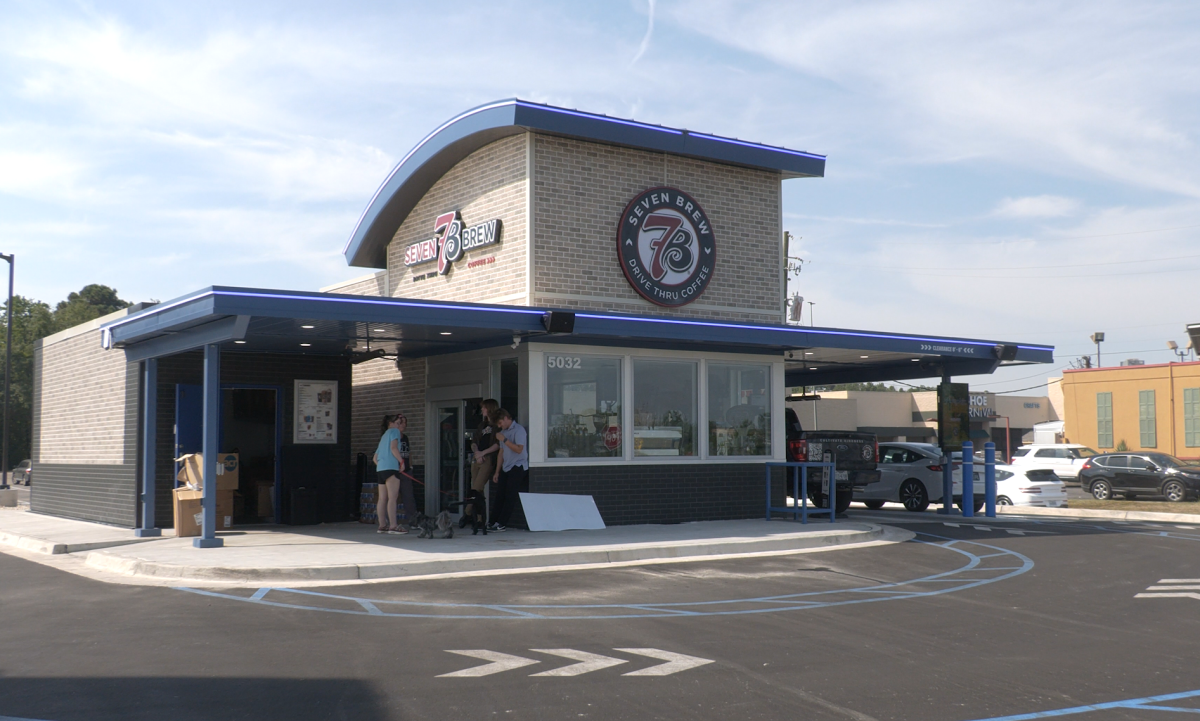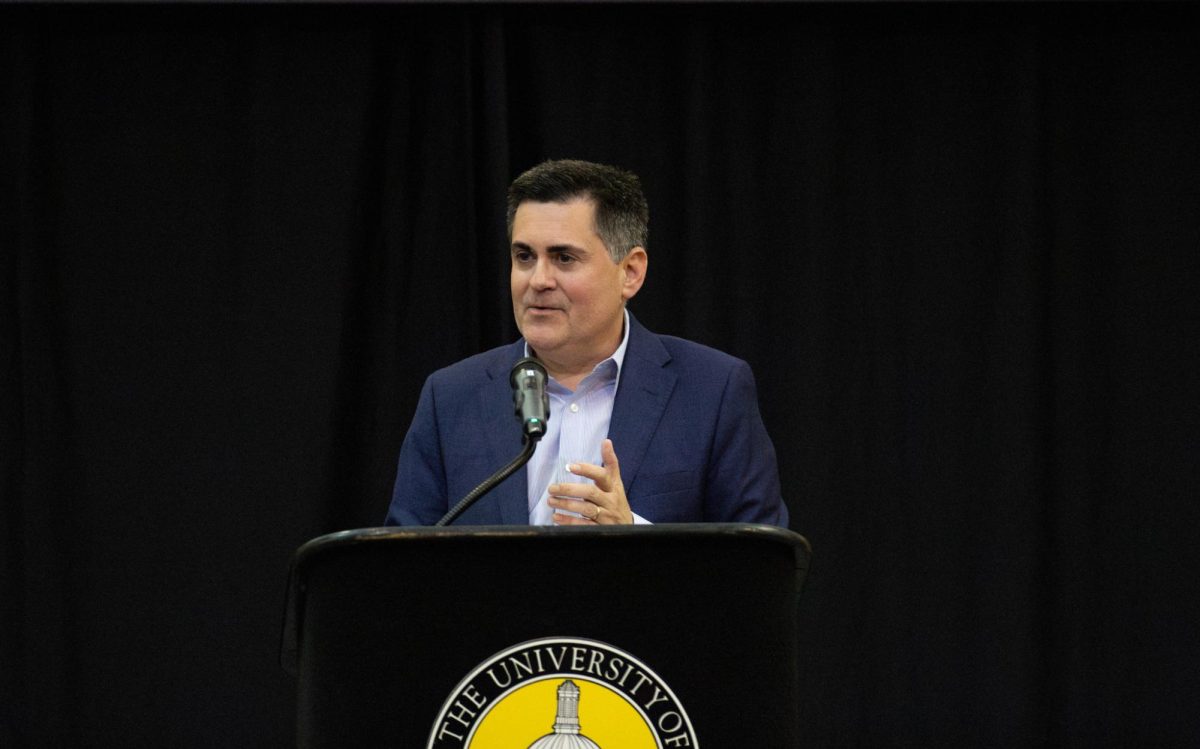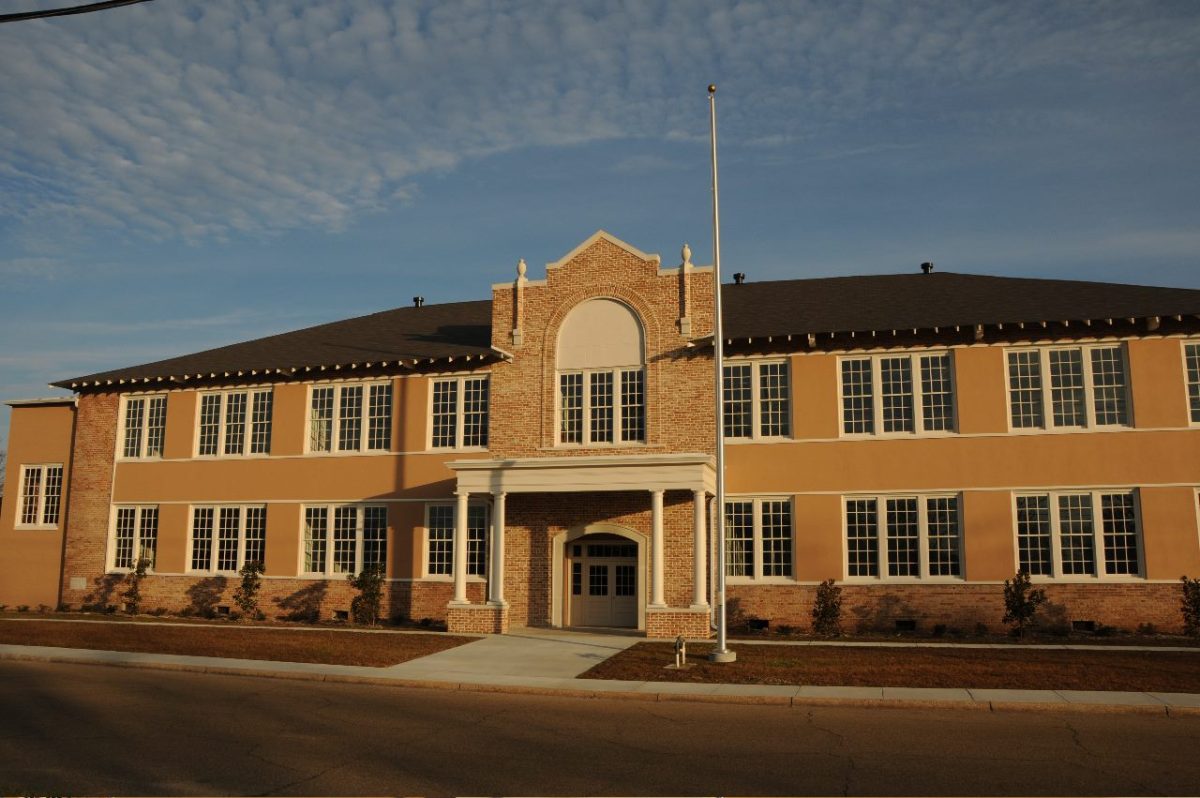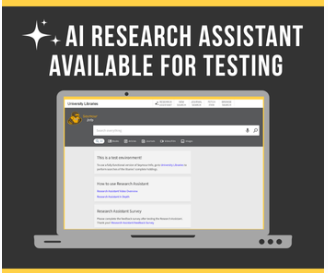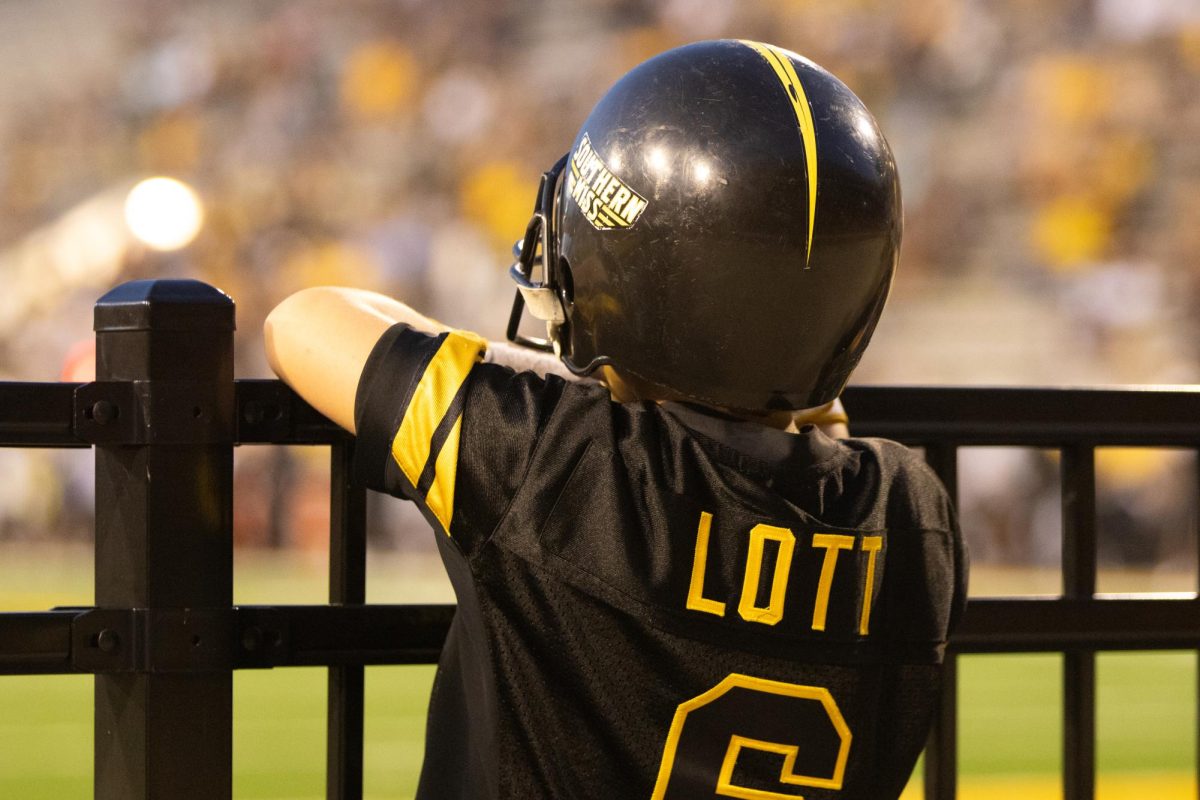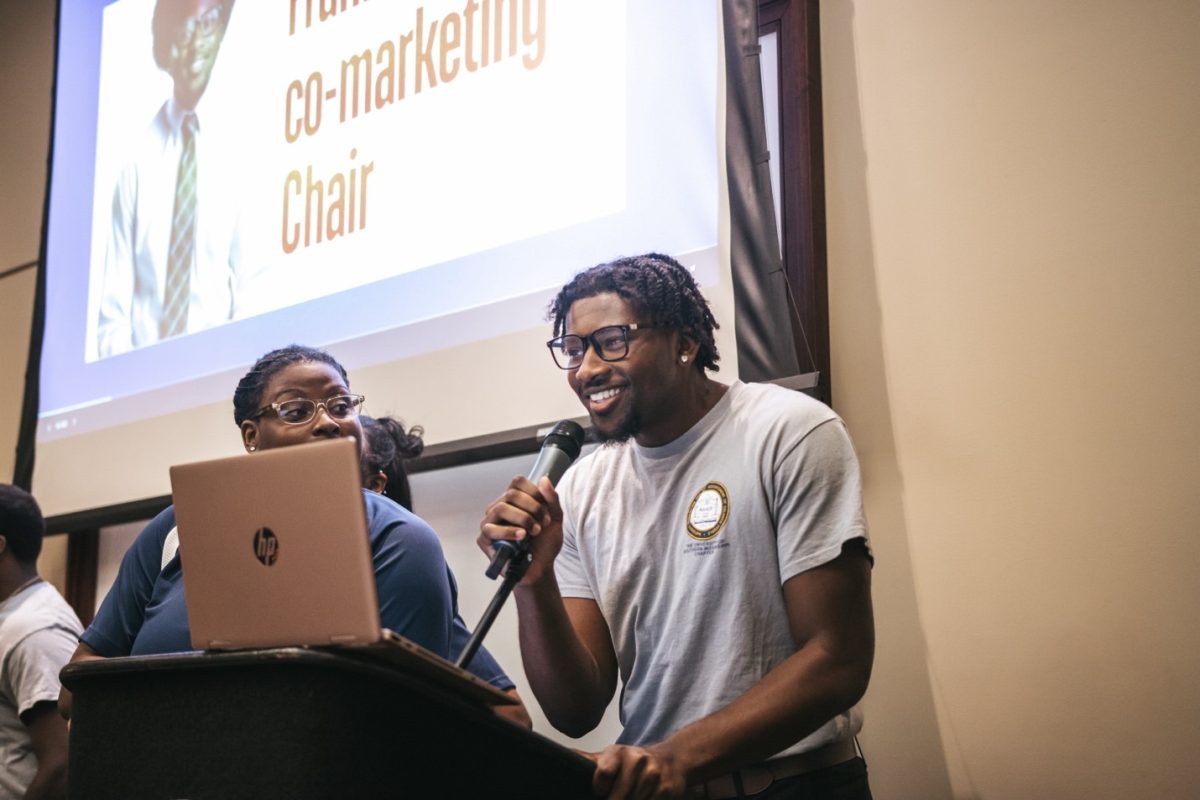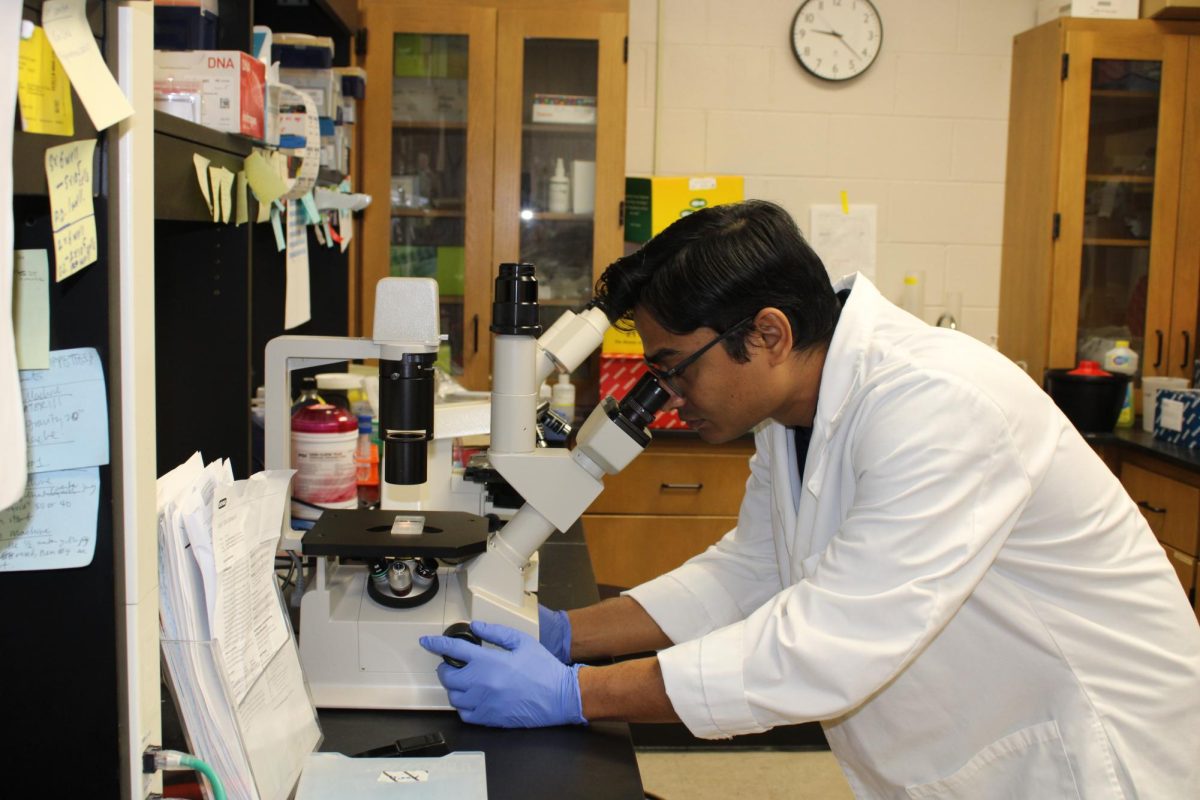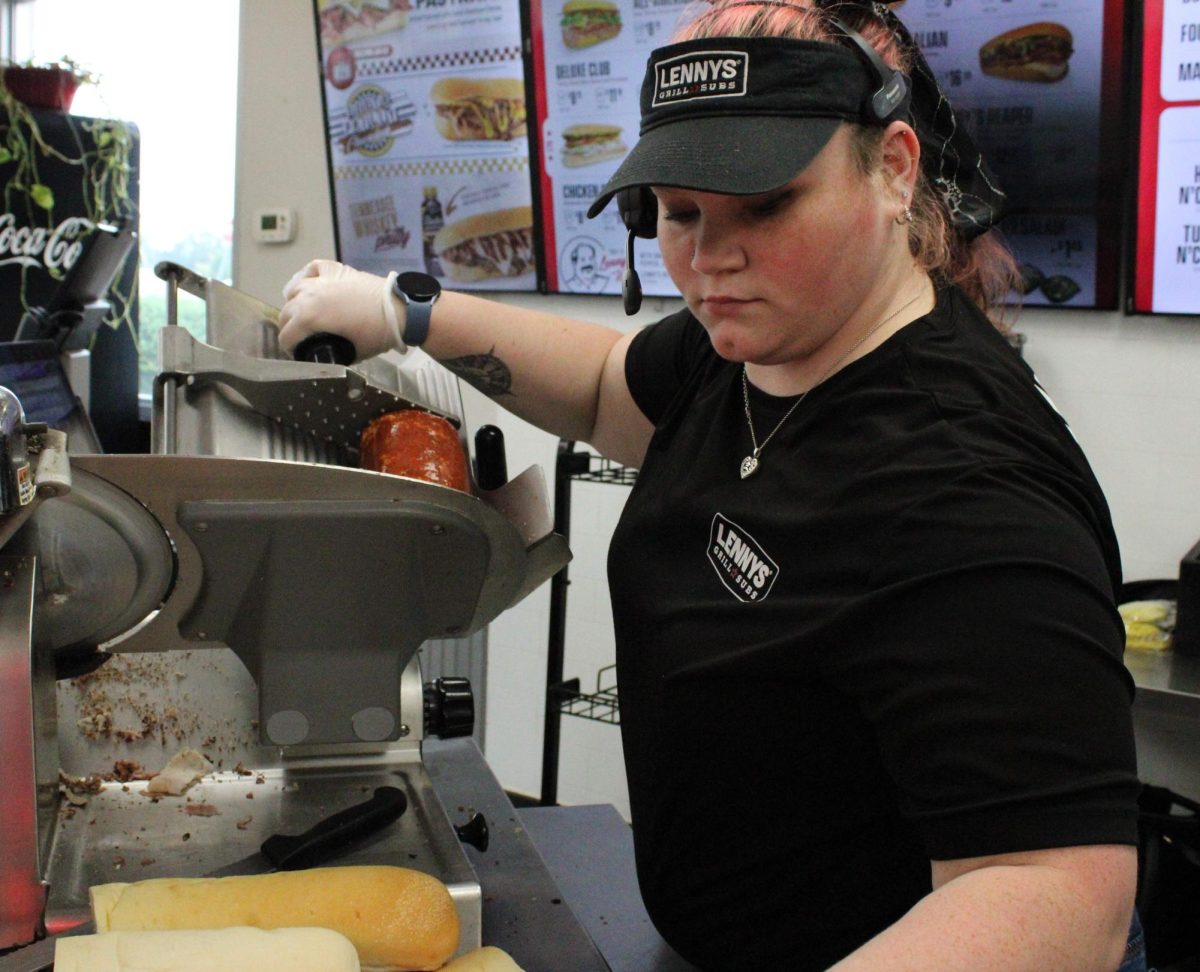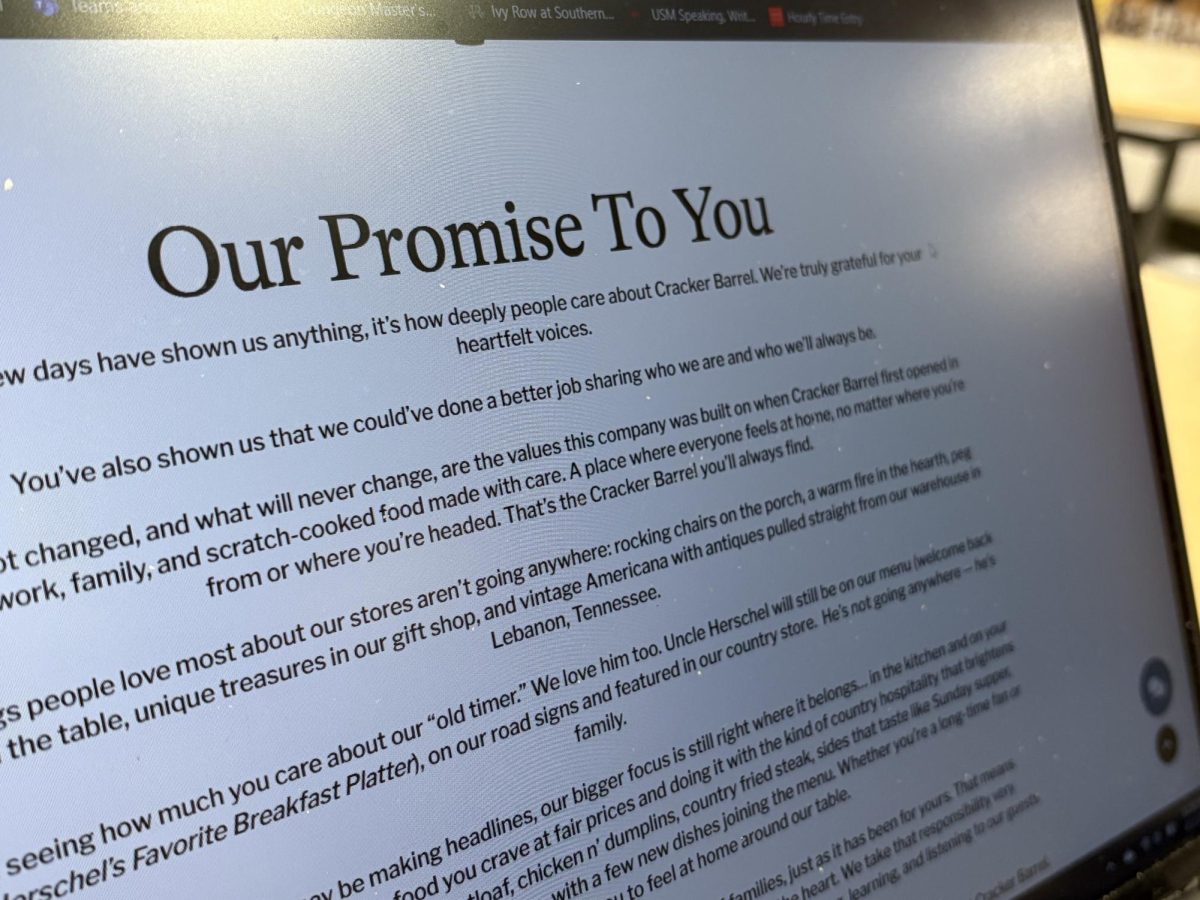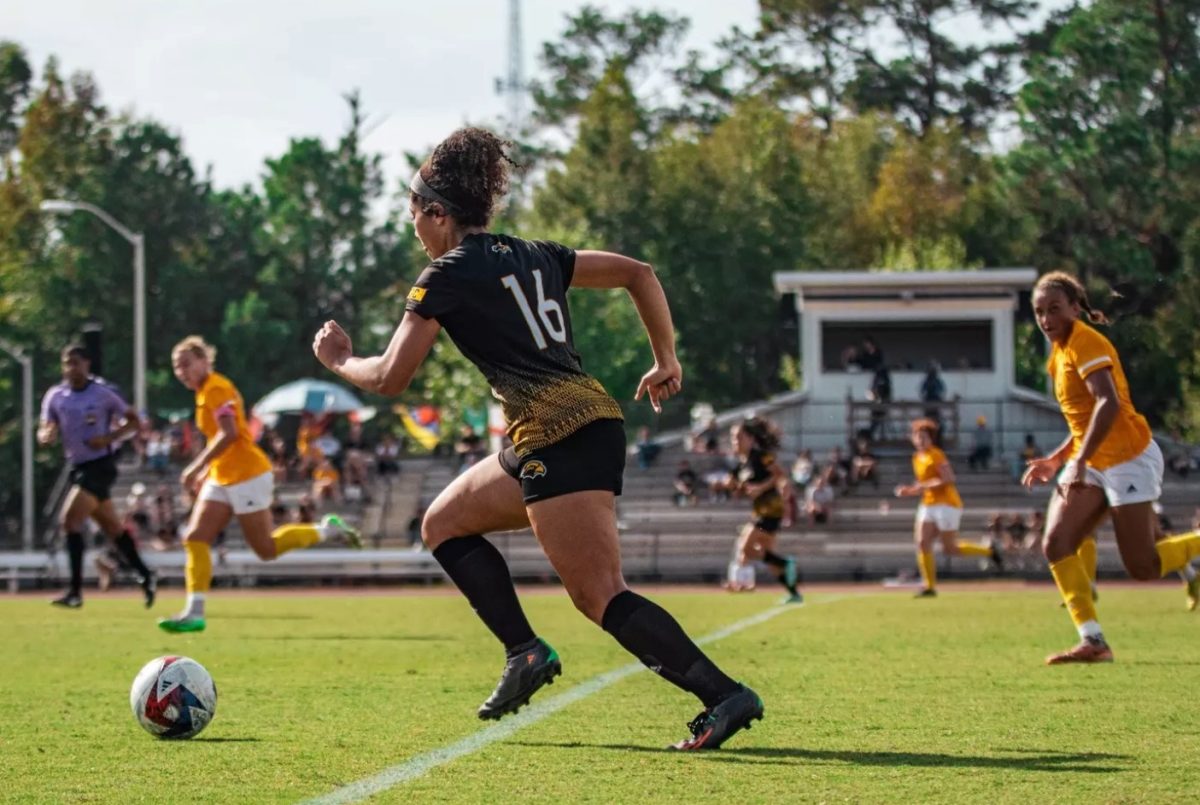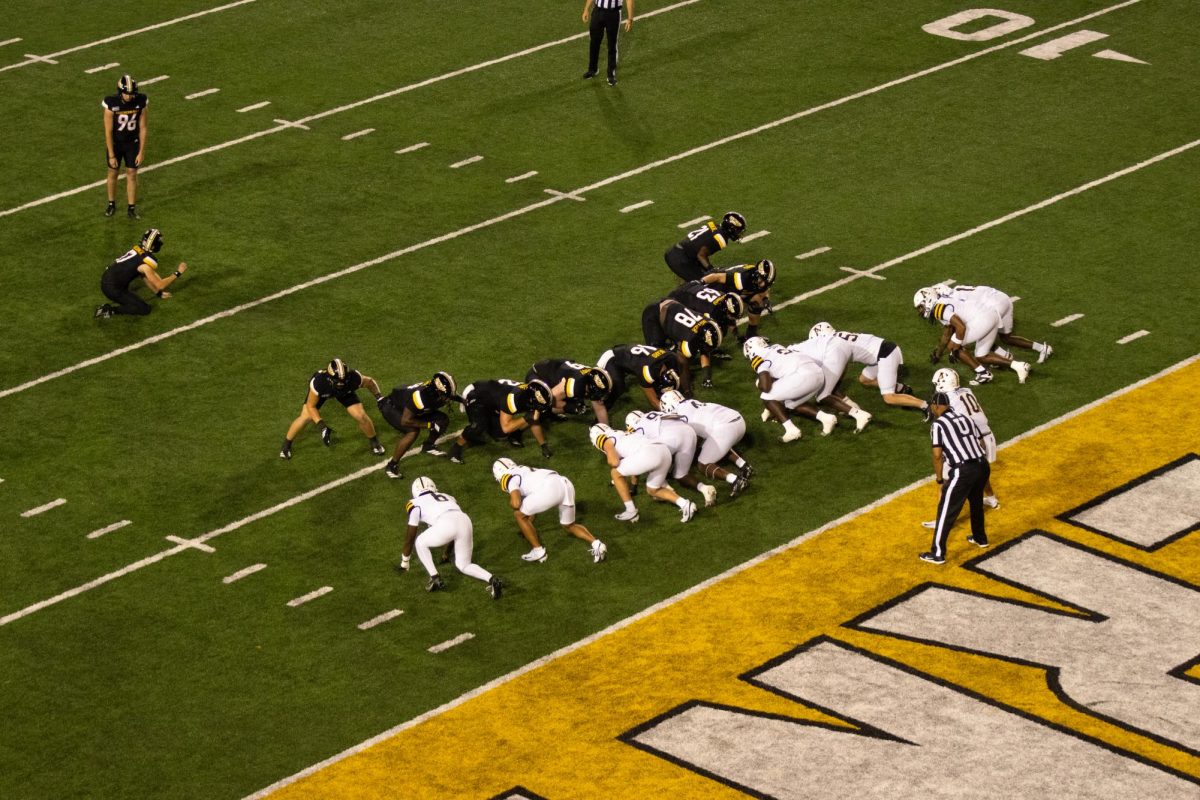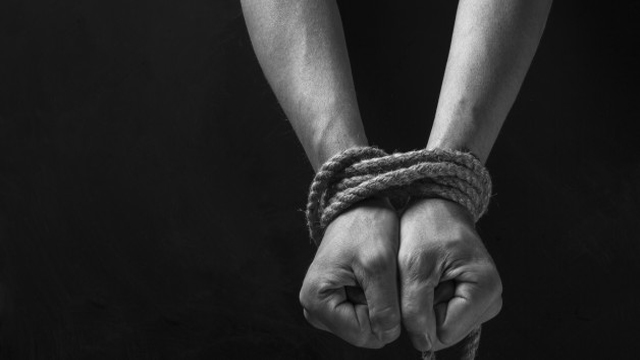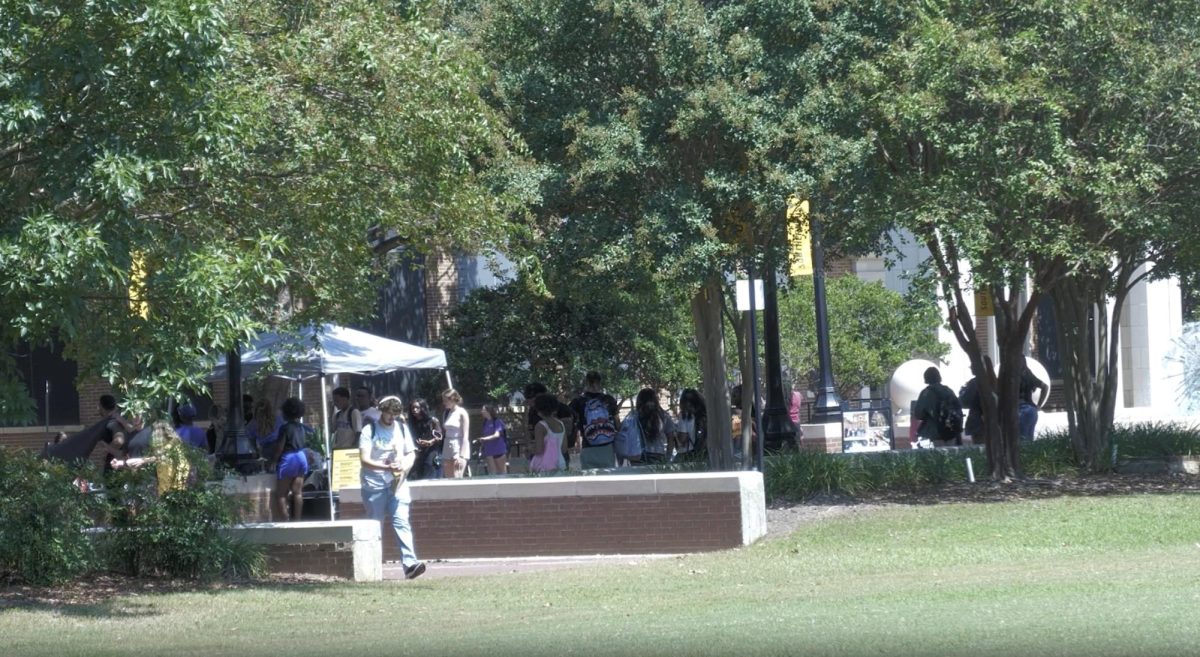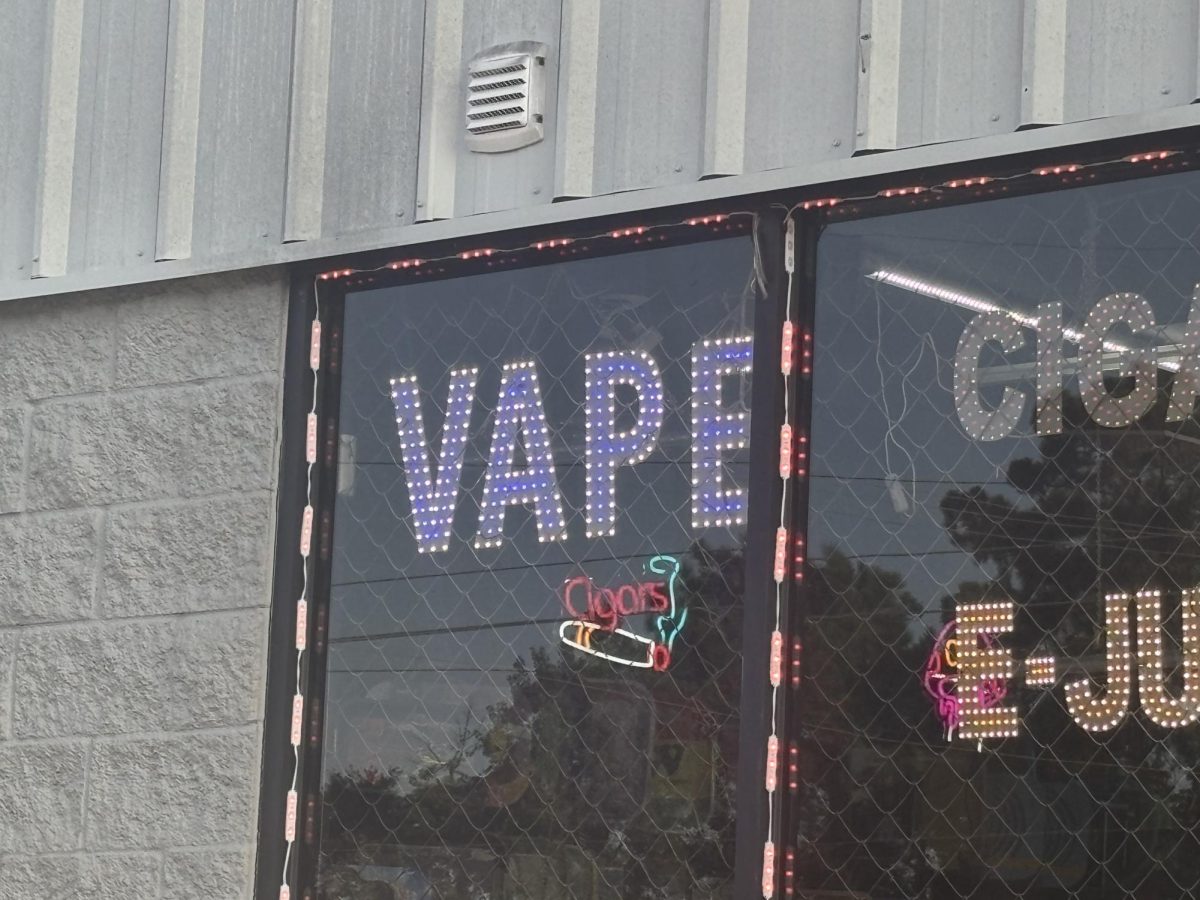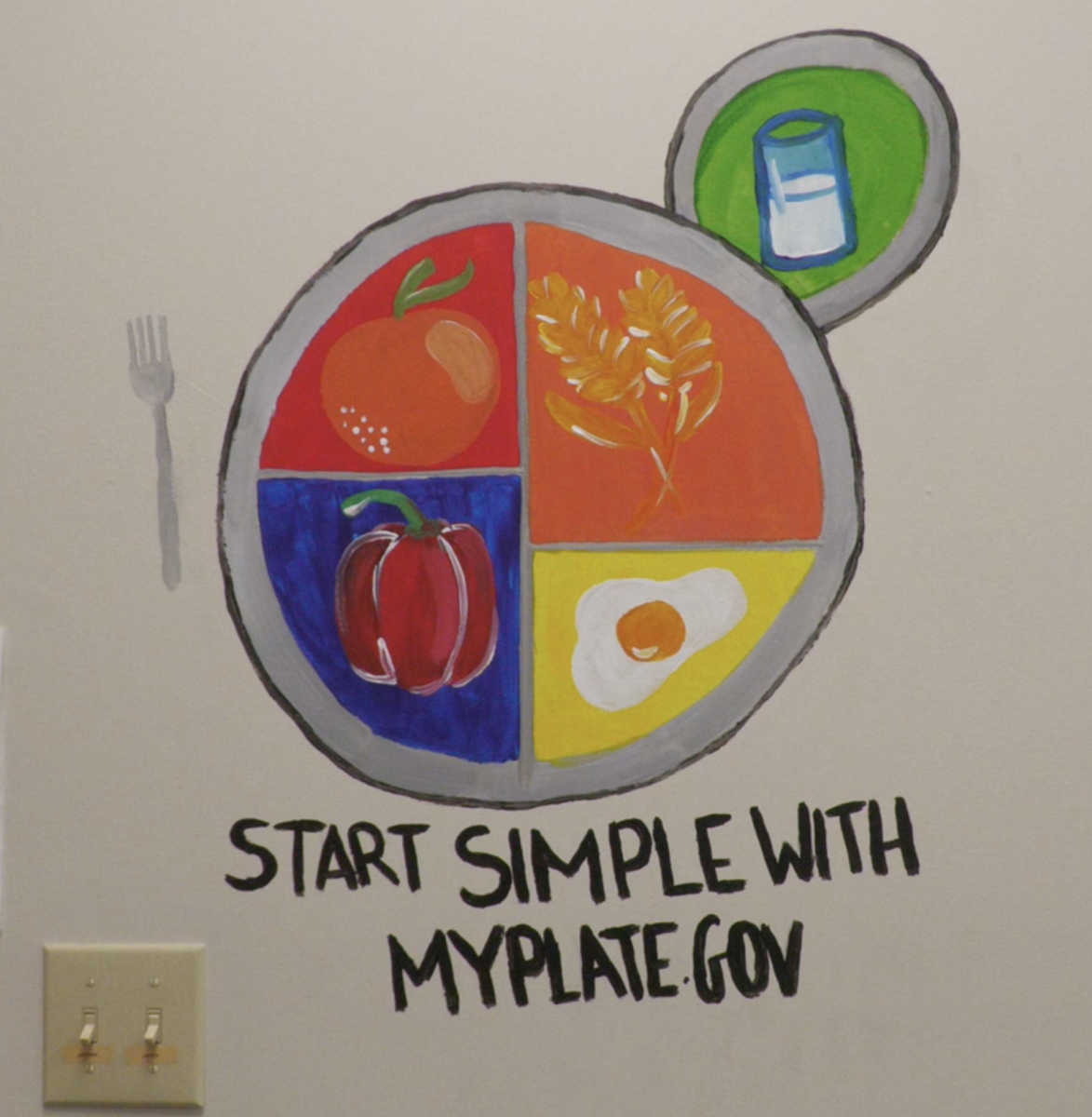It has been announced that the state of Mississippi received a B on this year’s State Report Card for the Protected Innocence Project produced by Shared Hope International. Shared Hope International is a non-governmental non-profit organization formed over 20 years ago by U.S. Congresswoman Linda Smith. The organization aims to prevent sex trafficking as well as bring justice to those who have been victimized through the trade. Shared Hope releases yearly grades for the 50 states as well as the District of Columbia.
States are “graded” in six separate categories that includes the Criminalization of Domestic Minor Sex Trafficking (possible 10 points), Criminal Provisions Addressing Demand (possible 25 points), Criminal Provisions for Traffickers (possible 15 points), Criminal Provisions for Facilitators (possible 10 points), Protective Provisions for Child Victims (possible 27.5 points), and Criminal Justice Tools for Investigation and Prosecution (possible 15 points). The points earned in each category to supply a total out of a possible 102.5.
Mississippi’s grade is an improvement from five years ago, but is actually a lower score than the one the state received in 2016-an overall score of 89 out of a possible 102.5 in 2016 compared to 88 out of 102.5 in 2017. The score is a result in Mississippi’s lower earnings for the Protective Provisions for Child Victims, a 22 in 2016 compared to a 21 in 2017.
Human trafficking, classified as the action or practice of illegally transporting people from one country or area to another; typically for the purposes of forced labour or commercial sexual exploitation, is often seen as an international problem, but occurs at a local level much more than residents realize. The Clarion Ledger reported in 2016 that the interstate system of Mississippi was aiding the practice of human trafficking. They also reported that the selling of girls had become more profitable to gangs than the selling of drugs because, “girls can last a lifetime.”
It was not until 2013 that Mississippi passed the law known as the Anti- Human Trafficking Act in attempts to deal with the problems within the state. Governor Phil Bryant released an executive order on December 9, 2014, which formed the Governor’s task force a few months later in 2015. According to the MEMA website, the “task force [meets] to examine existing research, and/or to commission new research on the topic of human trafficking. It will also review Mississippi laws, administrative practices and law enforcement training pertaining to the topic. Additionally, the task force will identify opportunities to strengthen Mississippi human trafficking statutes.”
Mississippi’s score from Shared Hope International improved from a D to a B after the Governor’s task force was formed.
One of the major recurring factors that causes Mississippi to remain in the B range is law enforcement’s lack of human trafficking training. The Mississippi Law Enforcement Training Academy offers the course, but does not require it. Sarah Bendtsen of Shared Hope International said the state’s score could improve if training became mandatory.
Training is an essential component of identifying cases of human trafficking. Shared Hope International released statistics that revealed the most common ages for victims entering trafficking are between 14 and 16, and are mainly female victims being sold to male buyers.
To an untrained eye, it’s possible that the minor female will be prosecuted for prostitution instead of being seen as a victim of human trafficking. This thought is supported by Sandy Middleton, the Executive Director of the local Center for Violence Prevention, the state’s only shelter for human trafficking victims.
Many assert that there’s still not enough being done on the frontlines to help victims at a street level. According to the Clarion Ledger, Pearl Assistant Police Chief Dean Scott, a member of the Central Mississippi Human Trafficking Task Force, says “funds and other mandates stop at the department and executive level and never reach the street level where help is needed.” Scott also explained that there’s a breakdown in communication when it comes to who should be investigating cases of human trafficking, revealing that it’s often difficult to get Child Protective Services in investigate a potential case. Scott also stated that in these situations, it’s often safest for the minor to be placed in juvenile detention that to leave them at the scene. This only further criminalizes the victim instead of punishing those truly responsible.
Shared Hope International also released an Analysis and Recommendations for the state. These 40 amendments can be found online.

